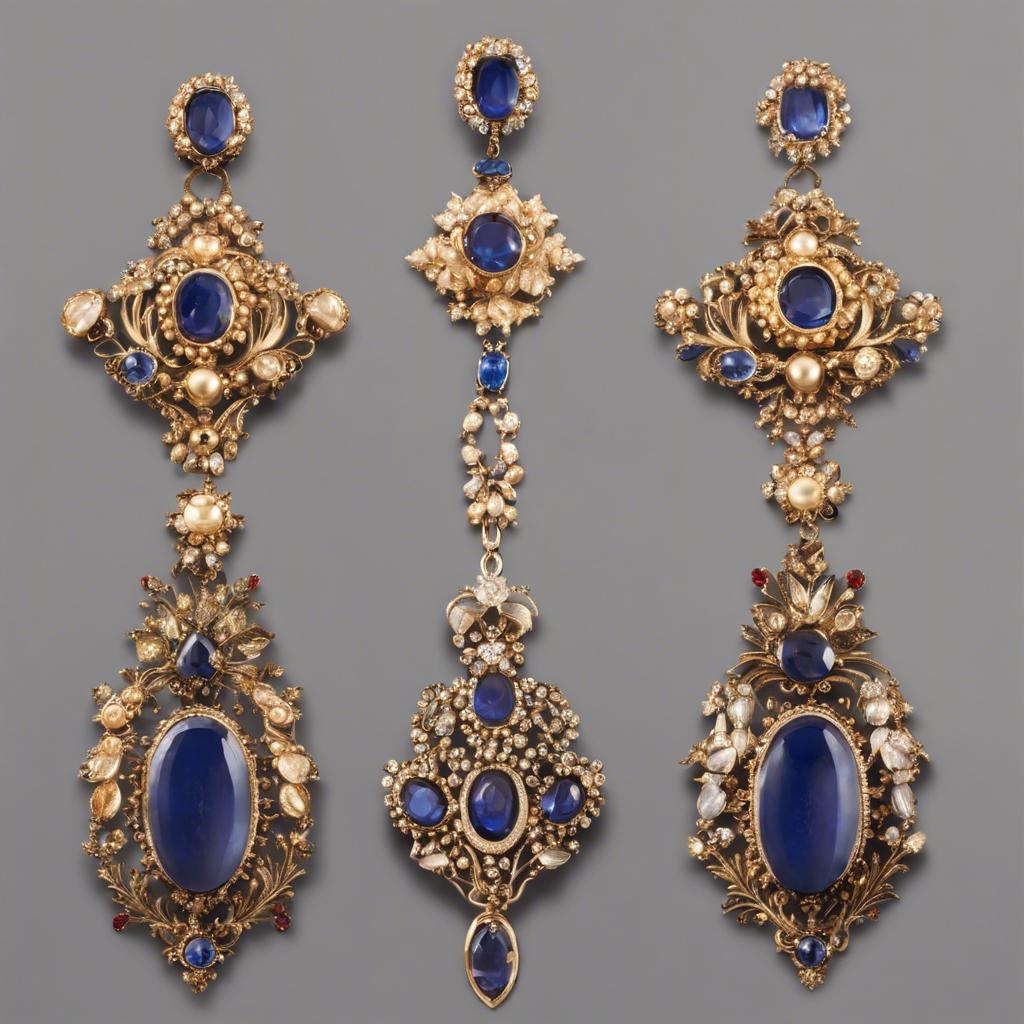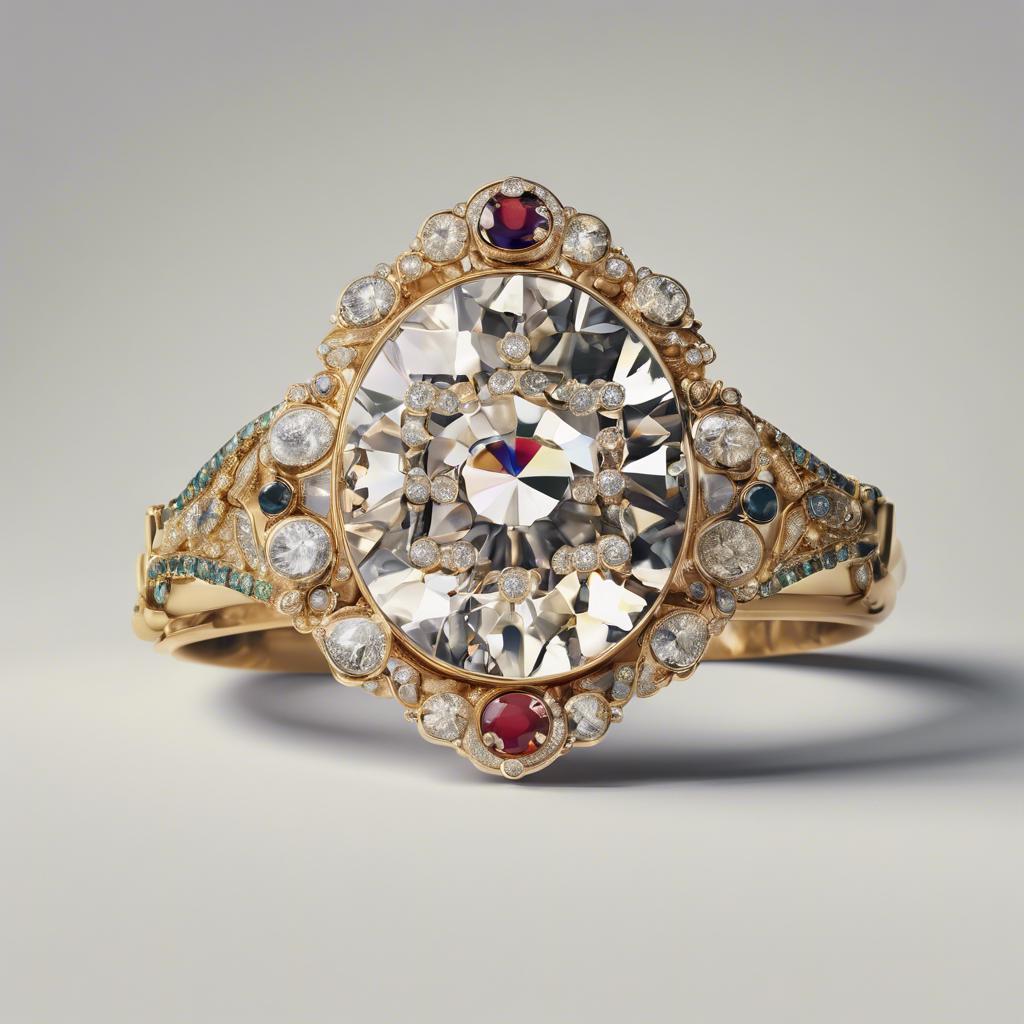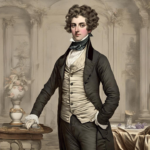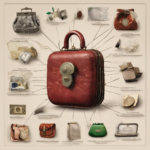During the Regency era in England, spanning from 1811 to 1820, jewelry became a hallmark of sophistication and societal status. Delicate designs, intricate craftsmanship, and the use of precious gemstones adorned the necks, wrists, and ears of the upper classes. From the grandeur of diamonds to the romanticism of pearls, Regency era jewelry reflected the elegance and refinement of the period’s fashion trends. In this article, we will explore the intricate details and cultural significance of Regency era jewelry, offering a glimpse into the opulent world of 19th-century adornment.
Step Into the World of Cheryl Bolen
Dive into the enchanting stories of love, intrigue, and elegance set in the Regency Era. Cheryl Bolen's novels offer timeless romance and captivating tales that will leave you wanting more.
Explore Cheryl Bolen's Books Now
Royal Influence on Regency Era Jewelry
During the Regency Era, jewelry played a significant role in showcasing one’s status and wealth. Royalty had a profound influence on the jewelry trends of the time, setting the standards for what was considered fashionable and desirable. Royals often wore elaborate pieces adorned with precious gemstones and intricate designs, inspiring the upper classes to emulate their style.
Queen Charlotte of England was known for her love of pearls, which became a popular choice in regency era jewelry. Pearls were often used in necklaces, earrings, and brooches, adding a touch of elegance to any ensemble. Queen Charlotte’s preference for pearls sparked a trend that lasted throughout the era, with women of all classes adorning themselves with these lustrous gems.
Another was the use of symbolic motifs, such as crowns, hearts, and flowers. These motifs were often incorporated into jewelry pieces to convey messages of love, loyalty, and power. For example, a crown pendant may symbolize royalty and authority, while a heart-shaped locket could represent love and devotion. These symbolic pieces were cherished not only for their beauty but also for the meanings they conveyed.
The Role of Gemstones in Regency Era Jewelry
Gemstones played a crucial role in the exquisite jewelry of the Regency Era, adding a touch of elegance and sophistication to each piece. These precious gems were carefully selected and expertly crafted into breathtaking designs that reflected the style and wealth of the era.
During the Regency Era, gemstones were highly prized for their rarity and beauty, making them a symbol of status and prestige. Some of the most popular gemstones used in Regency jewelry included diamonds, emeralds, rubies, and sapphires, each bringing their unique allure to the pieces they adorned.
Gemstones were not only chosen for their aesthetic appeal but also for their symbolic meanings. Diamonds, for example, were seen as a symbol of everlasting love and commitment, while sapphires were believed to bring good fortune and wisdom. The careful selection and placement of these gemstones in Regency jewelry added an extra layer of meaning and significance to each piece, making them truly special and timeless.
Innovative Techniques and Designs in Regency Era Jewelry
The Regency Era was a time of elegance and sophistication, and this was reflected in the exquisite jewelry of the period. One of the most innovative techniques used in Regency Era jewelry was the use of cannetille work. Cannetille is a type of intricate wirework that was popular during the early 19th century. This technique involved twisting and coiling fine gold wire to create delicate designs that added a touch of whimsy to the jewelry pieces.
Another design element that was popular during the Regency Era was the use of colorful gemstones. Pieces of jewelry from this period often featured vibrant stones such as emeralds, rubies, and sapphires, which added a pop of color to the delicate gold settings. The use of gemstones in jewelry was a way to showcase wealth and status, as these precious stones were highly sought after during this time.
One of the most iconic pieces of jewelry from the Regency Era is the parure set. A parure set typically consisted of a matching necklace, earrings, bracelet, and sometimes a tiara or brooch. These sets were often worn by women to special events and were a way to showcase their wealth and status. The intricate designs and attention to detail in these parure sets made them highly coveted pieces of jewelry during the Regency Era.
Tips for Collecting and Caring for Authentic Regency Era Jewelry
When collecting and caring for authentic Regency Era jewelry, it’s important to handle these precious pieces with the utmost care and attention to detail. Here are some tips to help you preserve and maintain the beauty and value of your Regency Era jewelry collection:
Store Properly: Keep your Regency Era jewelry pieces in a cool, dry place away from direct sunlight to prevent damage and preserve their luster. Consider using individual jewelry pouches or soft cloth wraps to protect them from scratches and tarnishing.
Clean Gently: Use a soft, lint-free cloth to gently polish your Regency Era jewelry pieces to maintain their shine. Avoid using harsh chemicals or ultrasonic cleaners, as these can damage the delicate gemstones and metals commonly found in Regency Era jewelry.
Final Thoughts
the Regency era marked a significant period of innovation and elegance in the world of jewelry. From the delicate designs of the neo-classical motifs to the use of sparkling gemstones and intricate metalwork, these pieces continue to captivate and inspire us today. The craftsmanship and attention to detail that defined Regency era jewelry serve as a testament to the skill and artistry of the jewelers of the time. As we look back on this remarkable era, we are reminded of the enduring beauty and sophistication of the jewelry that graced the necks, fingers, and ears of the elite of society. The legacy of Regency era jewelry lives on, a true reflection of the grace and refinement of a bygone era.


